Home of Lola Montez
The modest home of the very immodest dancer who cost a king his crown.
“Exercise, not philosophically and with religious gravity undertaken, but with the wild and romping activities of a spirited girl who runs up and down as if her veins were full of wine.” -Lola Montez
Often described as “quaint,” “quiet,” or “scenic,” the sleepy town of Grass Valley has settled down quite a bit in its old age. Even during its rambunctious beginnings as a gold mining boomtown, it was secluded enough to be considered a peaceful place to be. So why did one of the wildest women of the Gold Rush era choose this remote mountain town to call home?
Her tendency toward the uncivilized may have been exactly why she needed to get away, for Lola Montez had already had plenty of excitement by the time she bought the tiny house on Mill St. The scandalous “Spanish“ (she was Irish) dancer was known for her lewd humor and her hot temper, taking a horsewhip to displeasing audience members, brawling with lovers, and taking off much more than was agreed to during her stage show. She had been chased out of England for adultery, removed from Paris for seducing her music-master, escaped from bigamy charges via Spain, and been run out of Bavaria by a torch-wielding angry mob, costing her royal lover his throne.
The foul-mouthed, hot-tempered hedonist was no better behaved during her infamous performances. Her signature schtick, the “Tarantula Dance,” supposedly consisted of her shaking and writhing and hiking up clothing to escape the plastic spiders strategically placed within her petticoats. Her reaction to heckling was often a string of obscenities and threats of violence.
When the subjects of King Ludwig I voiced their displeasure with her station as Countess, she angrily fired a pistol into the crowd before being swept to safety by the king himself. When she was expelled, Ludwig fought for her, and when he found it was in vain, he abdicated his throne. Lola found his loyalty and sudden loss of station unattractive and promptly moved on.
It’s fair to say that by the time she had sussed out the rowdy setting of the Gold Rush as a place to be, she was probably tired of running, and fighting, and defending herself from the prudish onslaught of fun-ruining masses. The small house on Mill St. served as a quiet place to retire in between performances, and she enjoyed the simpler things in life: mountain air, mentoring the soon-to-be-famous Lotta Crabtree – then only a small, curious neighbor – and lounging about with her pet bear.
While Grass Valley has grown and developed around it, Lola’s house remains as it was, or at least appears to. The house was remodeled in 1975, but was later condemned. Designated California Historical Landmark no. 292, the house then held the Nevada County Chamber of Commerce and a small museum dedicated to the Irish spitfire “Spanish” dancer who originally called it home. In 2011, the house was sold to the neighboring Episcopal church and is currently home to a Returning Vets organization. While it is no longer a museum, you can go inside with permission; however, the interior is now simply office space. Unfortunately, none of the museum’s furnishings or items remain.

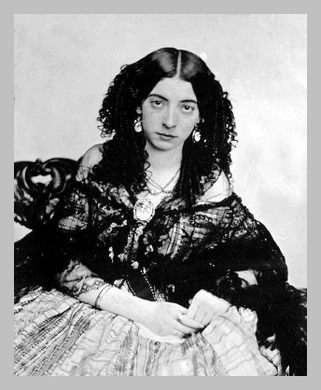

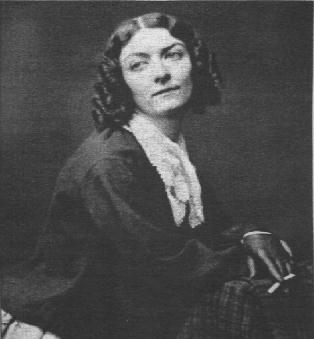
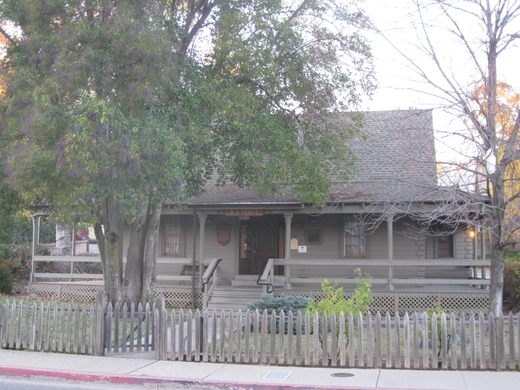









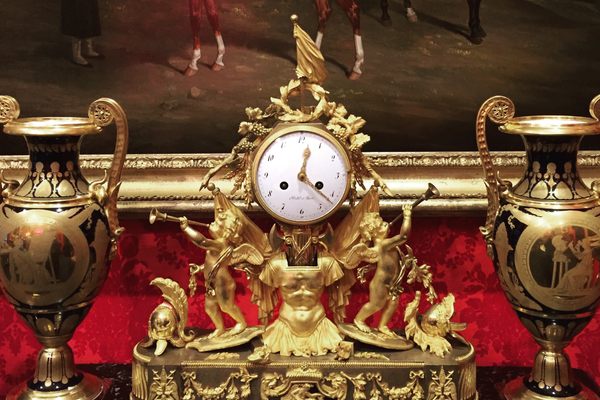
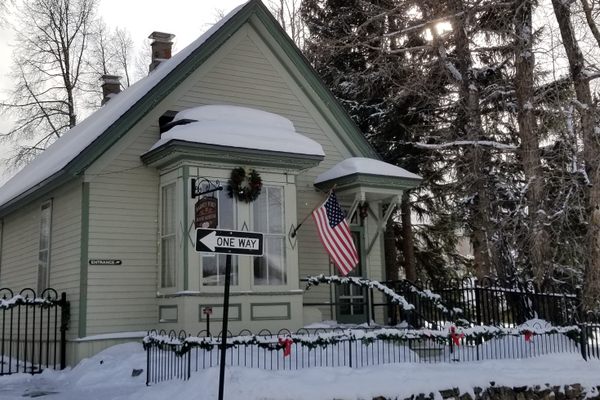



Follow us on Twitter to get the latest on the world's hidden wonders.
Like us on Facebook to get the latest on the world's hidden wonders.
Follow us on Twitter Like us on Facebook